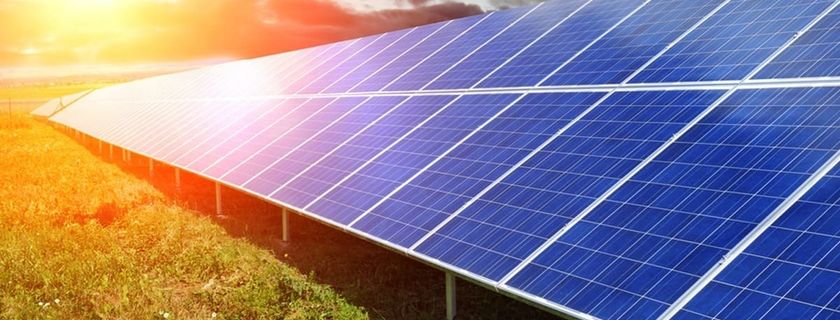
CIRCUSOL: Solar power business models towards a circular economy in Europe (PRESS RELEASE)
CIRCUSOL: Solar power business models towards a circular economy in…

AN ENVISIONED CIRCULAR SOLAR POWER SYSTEM …
Embraces the bigger picture
BY balancing economic, environmental, health, social and individual value(s) within decision-making or more specifically within the business definition and creation.
BY creating long-term as well as short-term benefits through circular solar power services, without any (major) trade-offs.
BY aligning the (renewable) energy transition with the circular economy transition: this involves balancing operational energy benefits (for end-users) of solar power solutions with embodied energy/resources benefits (for product/service providers).
BY taking into account the entire life span of renewable energy solutions (such as PV and battery systems), beyond their intended application and their initial service period. This includes key life cycle stages, such as manufacturing, installation, operation, monitoring, replacement, logistics, remanufacturing, reuse and recycling.
Is resource responsible
BY taking care – in an effective and efficient way – of natural, human and financial resources required for (solar) energy services.
BY avoiding the use of scarce primary resources and creating zero waste within the production, remanufacturing of renewable energy product systems, including photovoltaics and (stationary) batteries.
BY aiming for net carbon (or greenhouse gas) negative services, by using renewable energy sources in the operational phase as well as in the (re)manufacturing and logistic stages.
BY including the entire life cycle environmental impact of energy solutions in decision-making; integrating a comprehensive set of environmental indicators, instead of only looking at climate change.
Embraces resilience towards future micro-economic shocks and policy shifts
BY adapting easily to social and technological evolutions, such as ‘self-sufficiency’, ‘digitalization’ and ‘smart cities’.
BY developing robust businesses which are less or not sensitive to (modifications in) financial stimuli created by public authorities.
Is accessible and desirable for all
BY providing affordable solar power solutions for end-users, business stakeholders and society.
BY making circular solar power ‘sexy’ for end-users, business stakeholders and society, by being service-oriented and providing short-term as well as long-term benefits.
BY deploying services that fit the needs of different types of users and operating at various scales.
Embraces transparency over the entire value network
BY fostering the access to (non-confidential) data and useful information.
BY sharing a diversity of knowledge within the value network (of PV and battery systems).
BY monitoring good and bad practices, in order to share valuable lessons.
Full VISION piece is available here.

CIRCUSOL: Solar power business models towards a circular economy in…